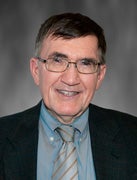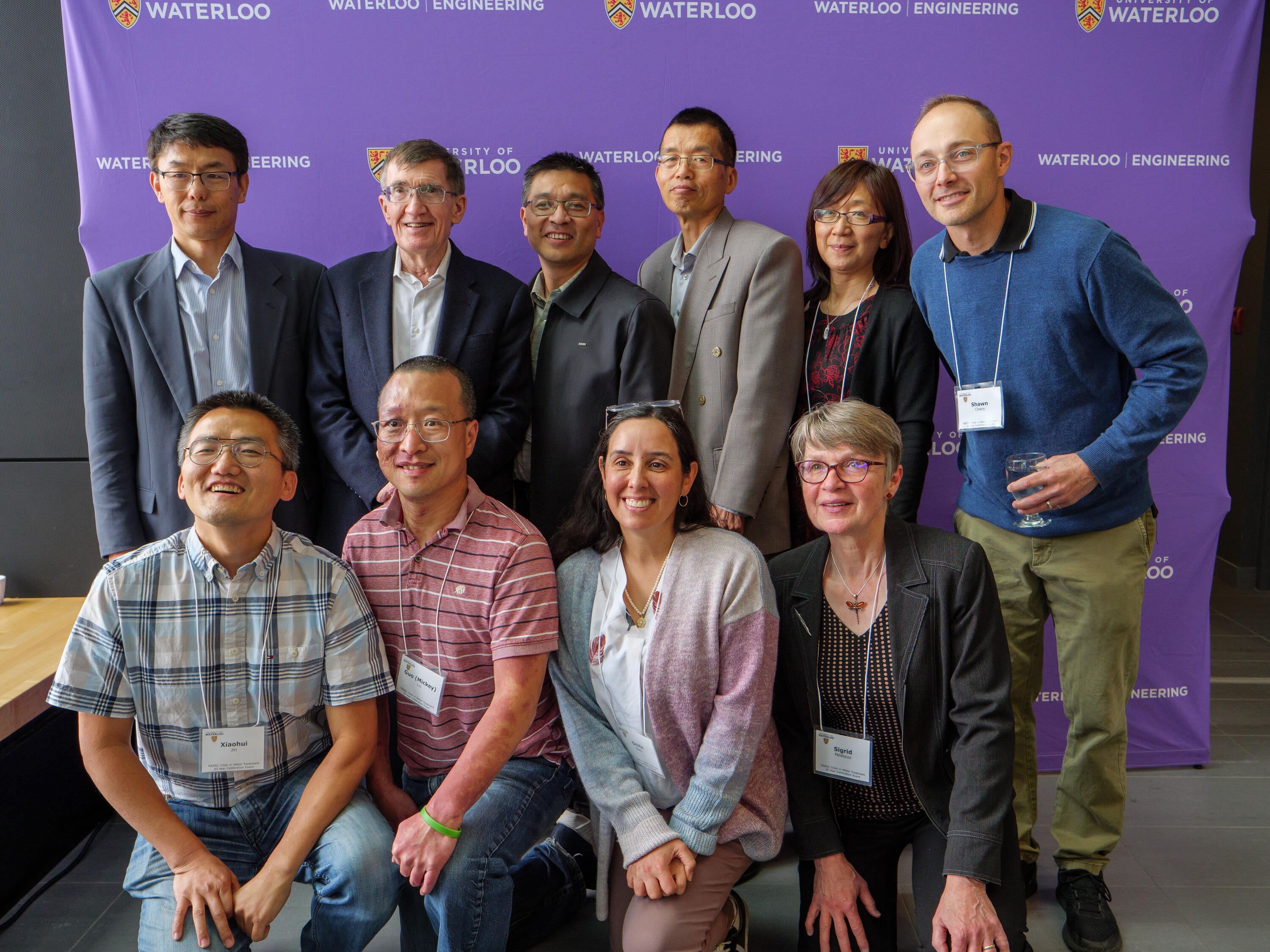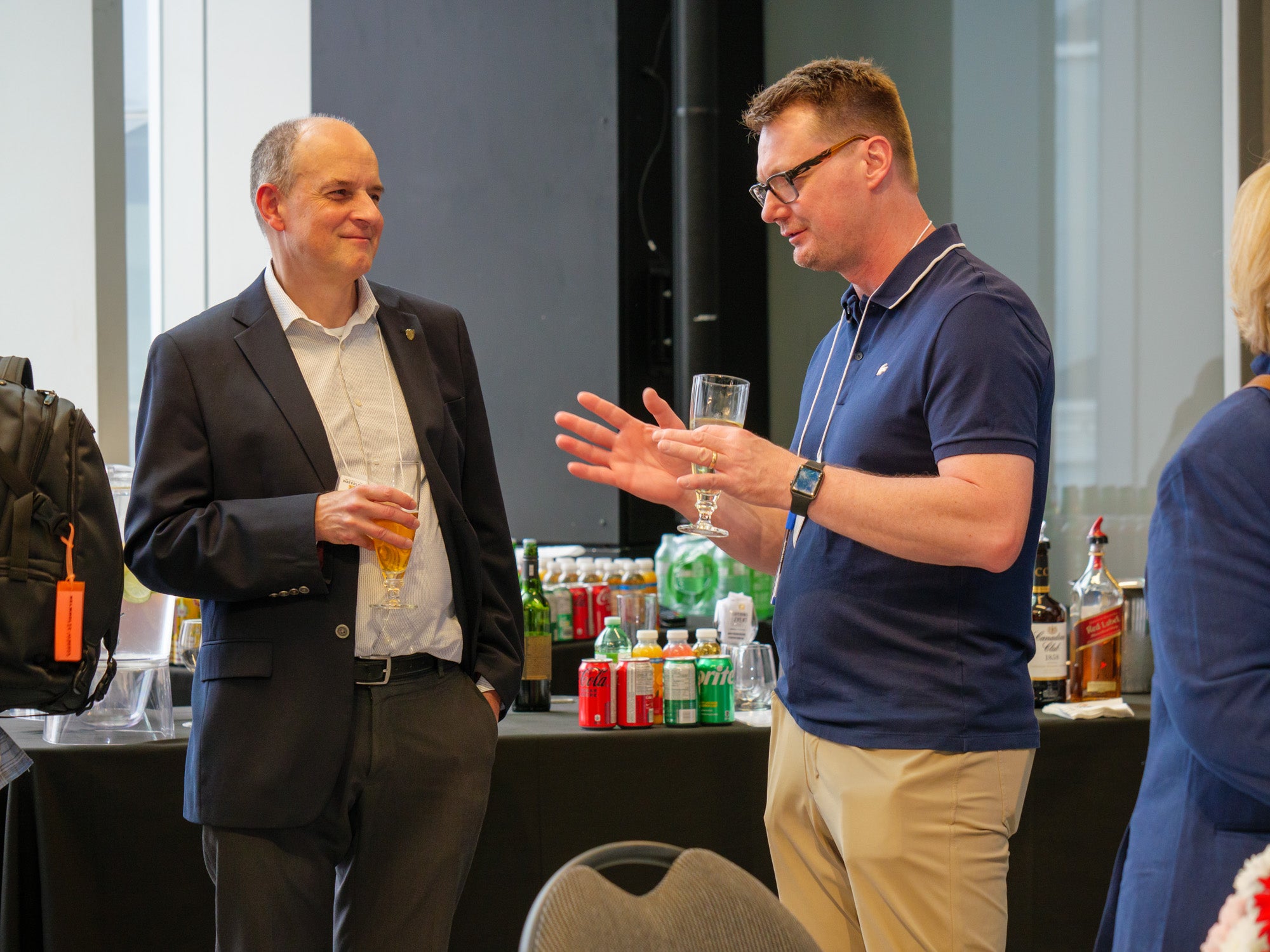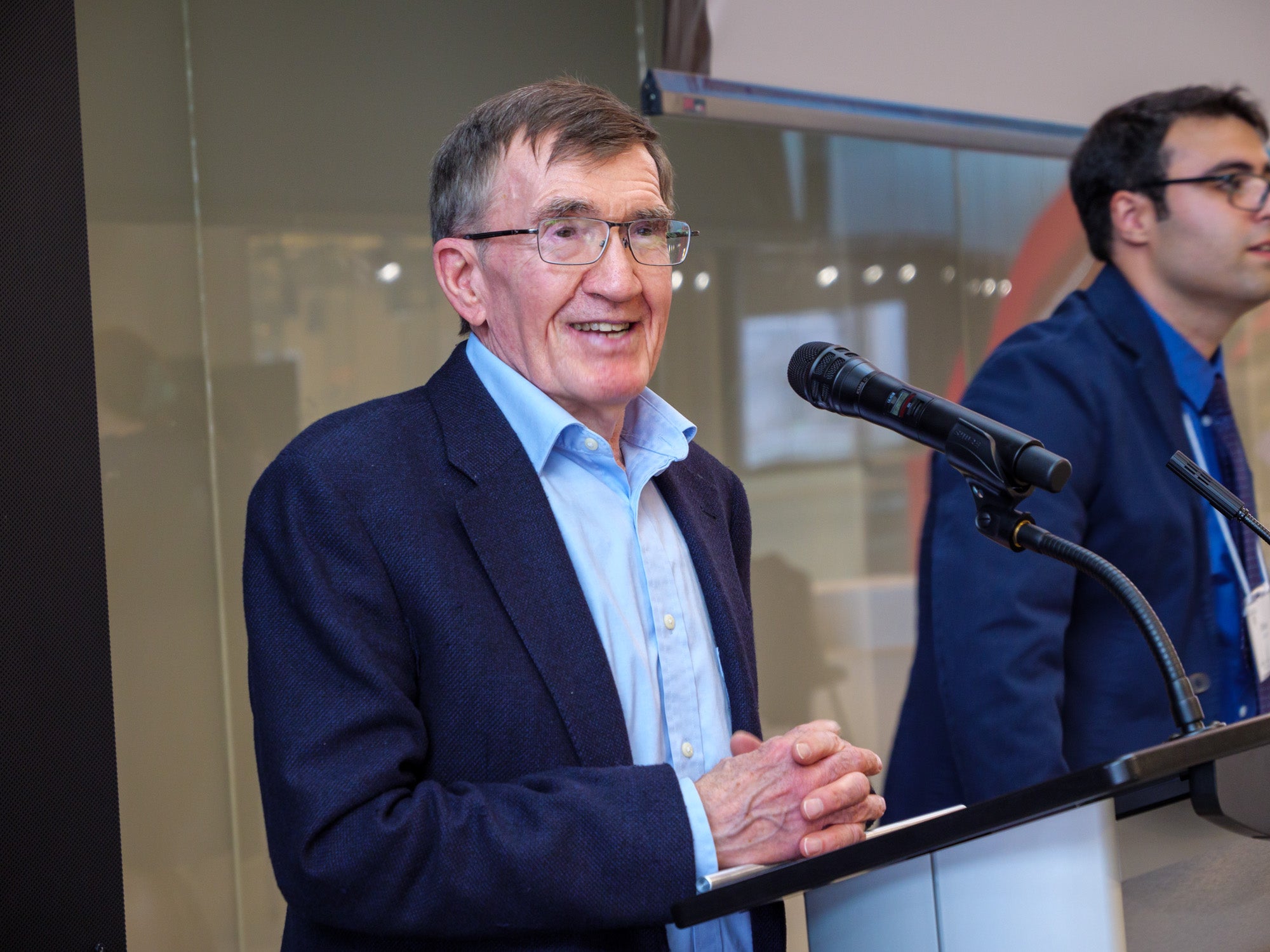
The prestigious NSERC Industrial Research Chair, funded jointly by NSERC and currently 16 Canadian partners in the water treatment industry, facilitates collaboration between industry and Dr. Huck’s research group to address the short to medium-term challenges of the funding partners.
Such challenges have included changing source water quality, changing industry regulations and the desire for more sustainable processes while ensuring the protection of public health.
During the term of the Chair industry partners have included providers of drinking water (cities, municipalities, regions and private system operators), consulting companies and manufacturers of drinking water equipment and products.
Dr. Huck has been the Senior Chairholder since 1993, with the Chair now in its unprecedented sixth five-year term. Internationally respected for his work, he has led a group of almost 100 researchers, graduate students, and postdoctoral fellows for over three decades, addressing relevant challenges for Canadian drinking water utilities.
On June 8 and 9, the University of Waterloo held a 30-year celebration event recognizing Dr. Huck and his team’s extraordinary accomplishments.
Long-standing industry partners, which grew steadily in numbers over the years, and many former students attended the event to reflect on their wide-ranging collaborations.
Among many others, Mike Murray, the Region of Waterloo’s (RoW) retired Chief Administrative Officer, shared how the Chair supported innovation and encouraged a shift from reactive to proactive approaches for RoW. He also emphasized how a long-term relationship was key to a highly successful collaboration.
The Chair provides leading-edge analysis and treatment expertise. Together with a consortium of UW and other researchers, the Chair was one of the first in Canada to obtain a Liquid Chromatography – Organic Carbon Detection (LC-OCD) instrument. Dr. Huck is best known for his work on biofiltration, membrane filtration, trace contaminants and pathogens, such as Cryptosporidium. The Chair’s research also contributed important knowledge regarding ozone as a replacement to chlorine and has evolved into current research including robustness and contaminants such as Per - and Polyfluoroalkyl substances (PFAS).
Partners are heavily involved in the Chair’s research projects, including work performed at their treatment facilities and being listed as co-authors on scientific papers. Some partners provide equipment such as analytical instruments or pilot scale facilities to the Chair. The Chair also undertakes additional related research projects funded by agencies such as the provincial Environment Ministry.
Interactions between the Chair in Water Treatment and its partners have always been a two-way street with information flowing in both directions so that research is relevant, and findings are implemented into practice.
“The NSERC Chair in Water Treatment is one of the most prominent examples of effective knowledge mobilization and transdisciplinary collaboration on the University of Waterloo campus,” said Water Institute Executive Director Roy Brouwer.
Recently, Dr. Huck has significantly contributed his expertise and network of industry contacts to support research on another ‘hot button’ topic, namely microplastics. As microplastic pollution accumulates in lakes, rivers, and soils, they are becoming an increasing public health and environmental concern with potentially far-reaching consequences for food webs, biodiversity, ecosystem services and human well-being.
In the UWaterloo-led project, Microplastics Fingerprinting at the watershed scale: from sources to receivers, Dr. Huck’s team is working on the drinking water component which is examining microplastic loads in the raw water intakes and their removal through drinking water treatment plants. Their goal is to better understand exposure scenarios and contribute to identifying solutions that would minimize risks to public health.
Because of Dr. Huck and the relationships that he has established through the Chair, he was able to bring several key partners to the project including RoW, Ontario Clean Water Agency, EPCOR Water Services, and the City of Brantford. These partners offer critical new insights, hands-on experience and a sophisticated understanding of the challenges and potential solutions to understanding the impact of microplastics on drinking water systems in Canada.
Looking to the next generation, “Dr. Huck’s talented graduate students have become the best-available pipeline of water technology professionals in the industry, full-stop, as they bring their own unique skills and the cutting-edge knowledge required to transform the water-drinking industry for the better,” said Dean Mary Wells, Waterloo Engineering.
Special thanks also to the extended NSERC Chair in Water Treatment team including Sigrid Peldszus, Dana Herriman, William B. Anderson, Michele Van Dyke, Robin Slawson, and many more who have been a beacon of recognition for the University and contributed to making a lasting impact on water treatment both globally and nationally.


